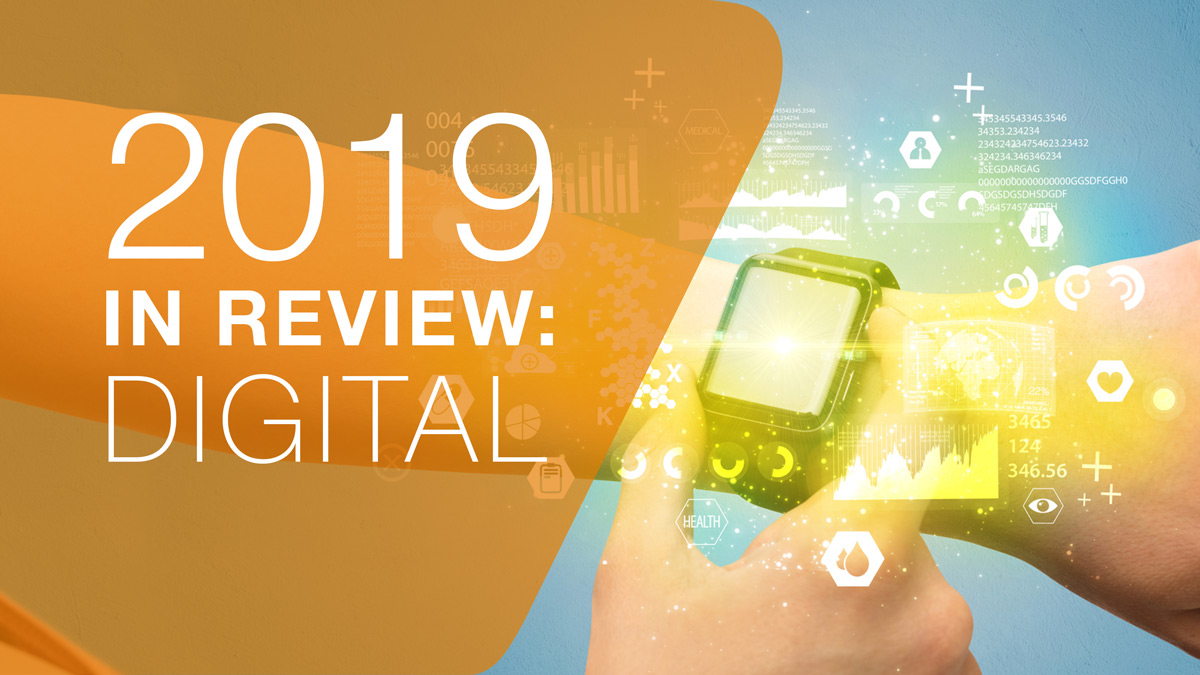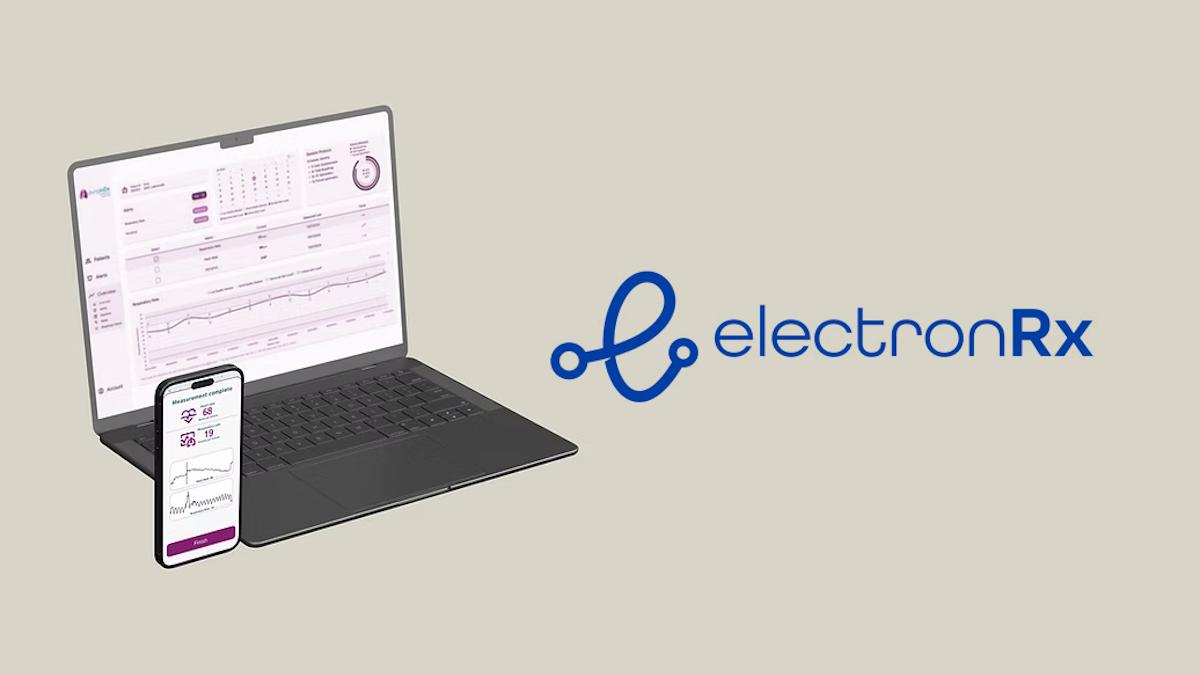Digital health in 2019 – an increasingly mature sector

Dominic Tyer looks at the technologies and stories that defined the year in digital health.
I’m tempted to proclaim 2019 as the year in which digital health grew up, but the truth is that as the sector continues to bring new technologies to healthcare, any definitive ‘coming of age’ moment is unlikely.
Nevertheless, while it may be following a continual learning curve, the digital health world certainly made some big strides towards maturing last year.
One noteworthy advance came from the World Health Organization (WHO), which released its first guidelines on digital health, challenging companies to prove they can improve people’s health and essential services.
Alongside this the WHO is discussing what shape a future roadmap for accelerating the digitisation of health systems in Europe should take.
One of those speaking at the WHO Symposium on the Future of Digital Health Systems in Copenhagen, Denmark in February was Dr Hans Kluge, director of the Division of Health Systems and Public Health at WHO/Europe.
He said: “When building this roadmap, we must not only be conscious of creating an unwanted digital divide, but also reaffirm our European values of solidarity and equity by actively designing and investing in health systems that prevent the divide.”
Germany’s digital prescription law and other advances
There was much activity last year at a country level towards creating digital health systems. Leading this was Germany’s Digitalisation and Innovation Act (Digital Supply Act), which allows doctors to prescribe digital apps with health benefits that can then be reimbursed by the country’s health insurance system.
Taking a common-sense approach, the new law recognises patients already use health apps and so will allow some of these apps to be prescribed by their doctor, with costs picked up by statutory health insurance.
Germany is following the example of the US, which over the last few years has introduced a system where the FDA is able to approve apps that have trial evidence showing clinical benefits.
This year the US regulator moved to speed up the development of digital health products and tools, unveiling at the start of 2019 a new framework based around its established concept of ‘pre-certification’.
This allows for the fast development of apps from manufacturers whose software has been reviewed and approved by the FDA, but which may need frequent and fast reviews as the digital technology is updated.
Soon after that the FDA published new pre-market guidance on efficient development and review of combination products, which often combine drugs or biologic medicines with a device.
And in the UK payers got in on the act, with NICE launching a new resource to help identify and support new health technologies for the UK health system to adopt, to hasten patients’ access to the cutting-edge medical devices, diagnostics, and digital health technologies.
HealthTech Connect, which is backed by NHS England, aims to help digital health companies understand information that financial decision makers need in the UK health and care system and to clarify routes to market for them.
Some growing pains
The advances mentioned so far certainly seem like solid steps forward for digital health in 2019, but the year was not without its fair share of growing pains.
In the UK the levels of patients using digital health products were found to be low, despite the technology receiving the backing of clinicians, and low levels of trust for large tech firms likely to be one of the reasons behind this.
E-health records continue to face an uphill struggle. A 15-country survey by Royal Philips found that many patients don’t have, or unaware of, electronic health records. Low awareness is probably not a problem faced by Australia’s My Health Record. The controversial scheme has been dogged by technical glitches, and privacy and security concerns, and in February 2.5 million Australians opted-out from it.
Nevertheless, healthcare systems appeared keen last year to make more use of digital health technology, with a cloud-based system that makes drug dosing more personalised, patient support app and medicine adherence digital messaging just some of the tech being picked up.
Digital health lessons from 2019
So, what other digital health themes can be detected from 2019?
Wearables continue to be of interest to pharma, including Janssen with a first-of-its-kind clinical trial. Among tech companies the focus was more on seeing what health features could be added to smart watches, with blood pressure functions and ECG capabilities some of those being added.
Ten years after Apple debuted it as a commercial slogan, there’s (still) ‘an app for that’ in healthcare, with cancer, alcohol use disorder, medical guidelines and patient support among the uses for mobile health apps emerging in 2019.
There was also plenty of digital health activity among four of the largest tech companies, with Google, Apple, Facebook, Amazon getting involved in everything from clinical research to virtual health clinics to preventative medicine, and much more besides.
But the single biggest area this year looks to have been artificial intelligence (AI) and machine learning, with particular focuses on research and development activities and patient care applications.
Looking ahead as 2020 progresses, AI is likely to still be the one to watch, particularly should R&D results be available, but also to see how else the technology can be used in healthcare.













